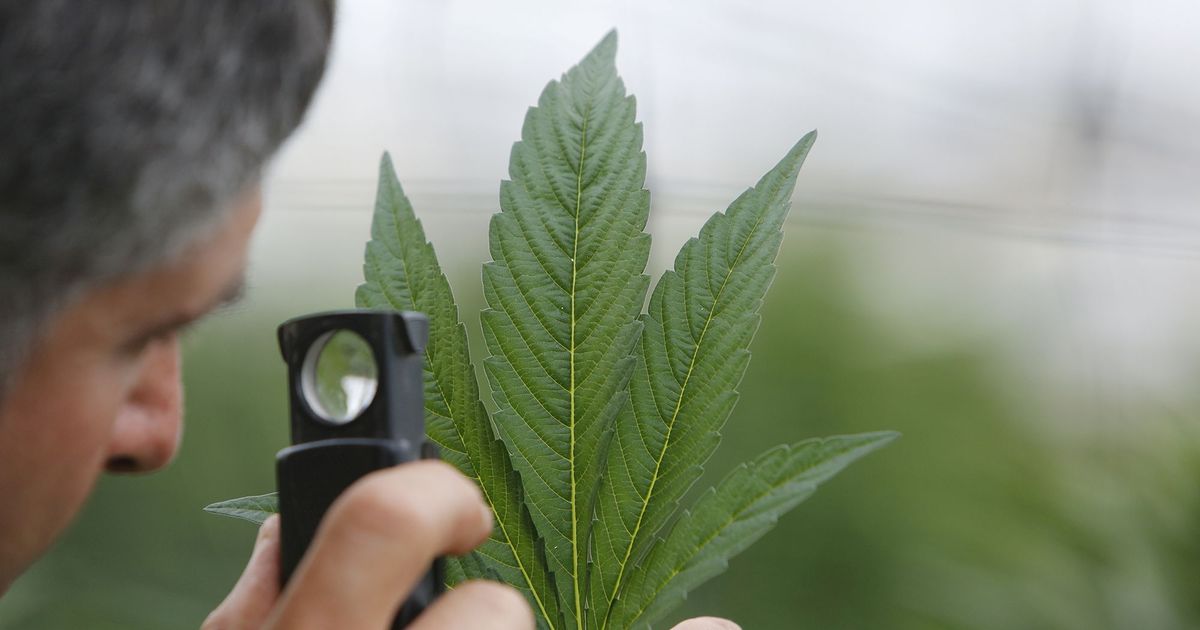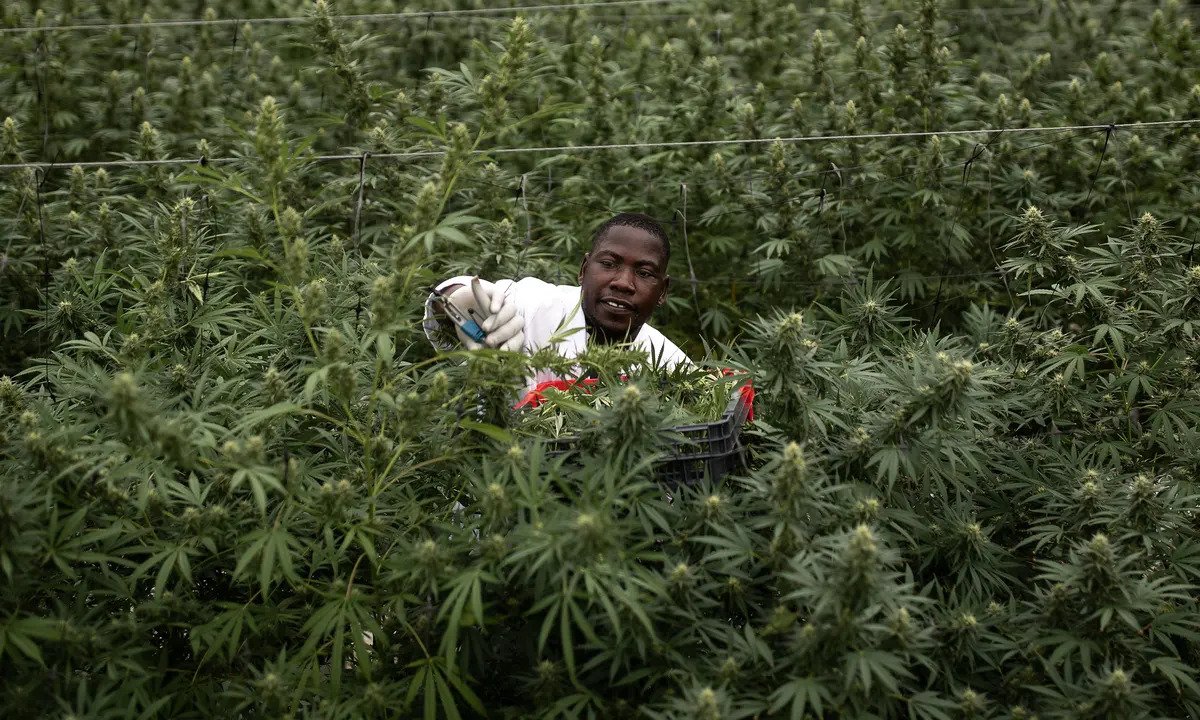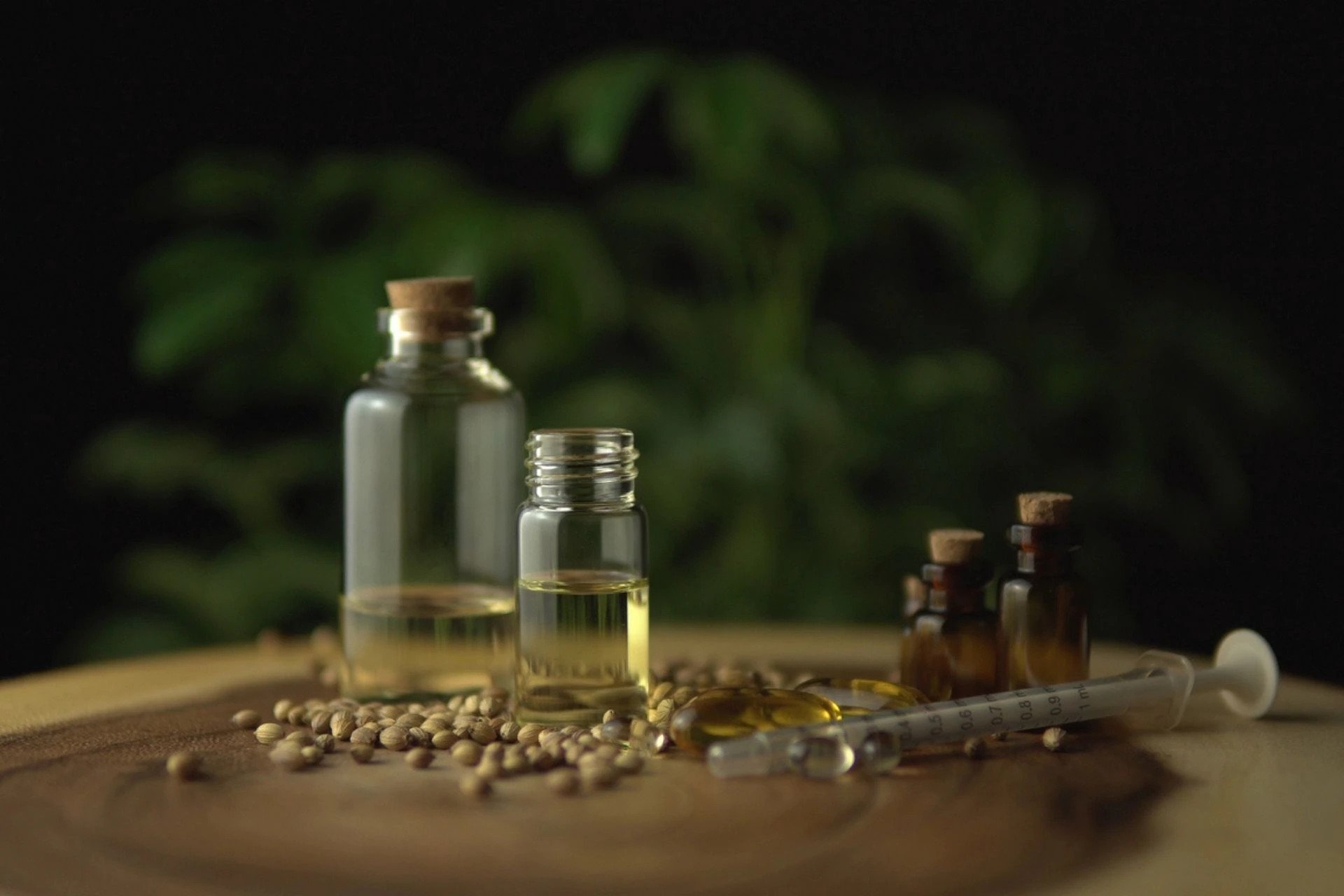UN Commission On Narcotic Drugs Reclassified Cannabis As A Therapeutic Drug
The UN agency in charge of formulating policies around drugs, the UN Commission on Narcotic Drugs reclassified cannabis as a therapeutic drug on December 2, 2020.
Author:Dr. Felix ChaosphereReviewer:Luna ShadowsongMar 08, 2024297 Shares12.3K Views
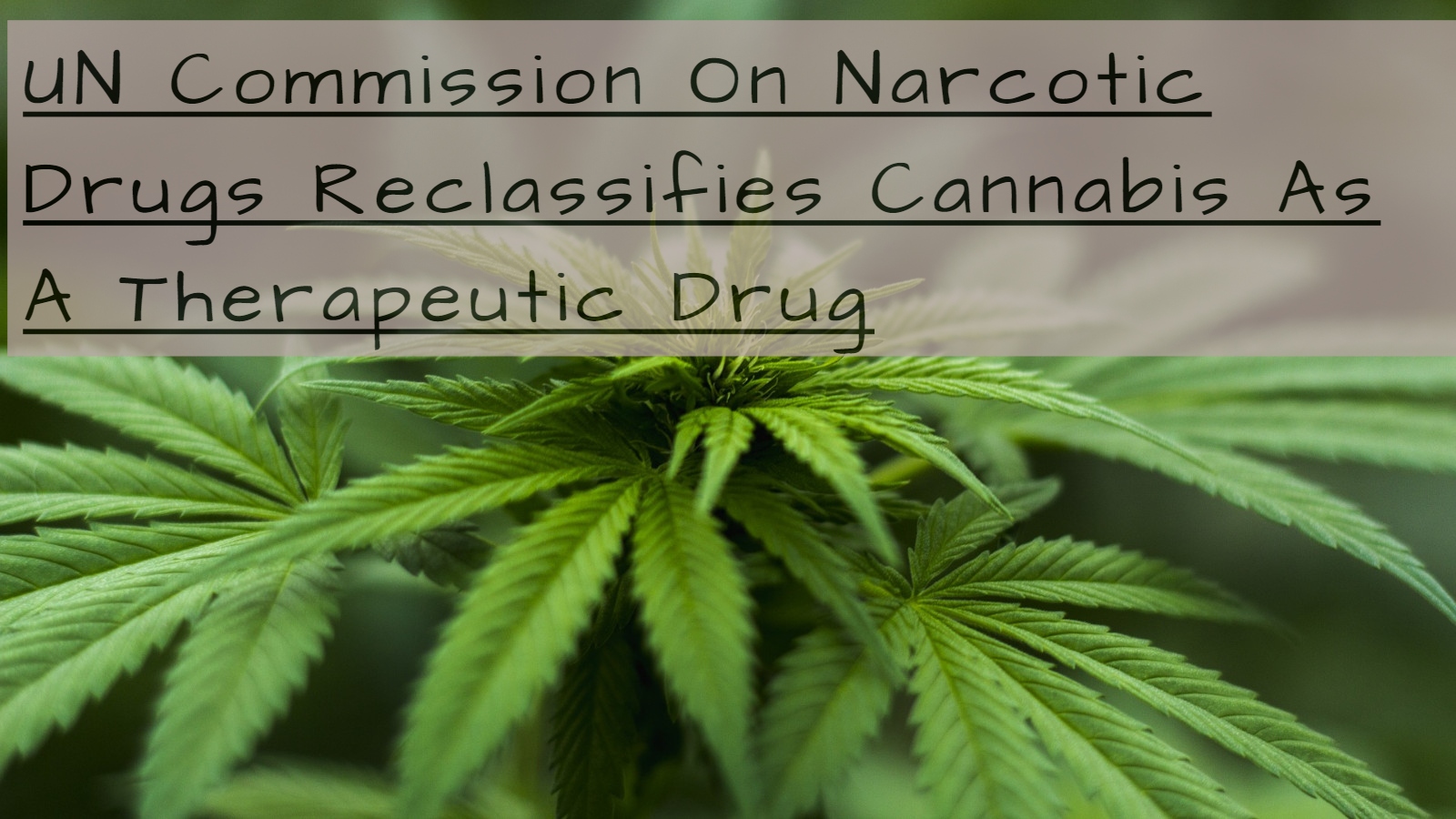
The UN Commission on Narcotic Drugs reclassified cannabis as a therapeutic drugon December 2, 2020. The UN Commission on Narcotic Drugs is a United Nation agency in charge of formulating policies around drugs.
UN also reclassified cannabis resin, placing it on an international listing that acknowledges the plant's potential therapeutic uses.
The CND held a vote regarding recommendations made by the 41st Expert Committee on Drug Dependence (ECDD) of the WHO.
These recommendations suggested that cannabis and cannabis resin should be reclassified from their current listing alongside heroin, fentanyl analogs, and other opioids considered to be exceptionally harmful to public health.
The CND voted on these recommendations.
In 2018, the WHO's ECDD conducted a comprehensive evaluation of cannabis and any drugs related to cannabis that are currently subject to international control mechanisms. This study included cannabis itself.
The ECDD advised at that time that certain medicines derived from cannabis, such as cannabidiol, have no potential to be abused or cause dependence, but do have significant health benefits for children who have epilepsy that is resistant to treatment.
As a result, the ECDD recommended that these medicines not be placed under international control.
The Committee then proceeded to conduct a scientific review of cannabis as well as other products that are derived from the cannabis plant.
Based on their findings, the Committee came up with a series of recommendations that would allow for more effective control of cannabis preparations that contain high levels of delta-9-THC (dronabinol), allow for further research and development of cannabis-related medicines, and improve access to cannabis-related medicines, while also minimizing the risks to public health associated with the use of non-medical cannabis.
Since 2018, the CND has been deliberating over the proposals provided by the WHO, and they consented to have a vote in person in Vienna in December 2020.
Although the CND voted to accept the ECDD's primary recommendation on the reclassification of cannabis, they did not accept further recommendations made by the ECDD to change the classification of other cannabis-related substances.
These recommendations were made in an effort to ensure that these substances are available for medical use while preventing harm associated with non-medical use.
The CND did not accept these recommendations.
As UN Commission on narcotic drugs reclassified cannabis as a therapeutic drug, some international procedural barriers that impede the research and development of cannabis-based medical products that comply with national regulatory frameworks are removed.
Since cannabis is still subject to stringent international control, the change in its legal status will not have an impact on its use for purposes other than medical and will not speed up the process of legalization.
Cannabis and cannabis resin will now be categorized as having the same potential for abuse and dependency as pharmaceuticals like morphine and oxycodone.
This change in classification is effective immediately.
WHO Made Single Convention On Narcotic Drugs Cannabis Schedules
These schedules denote different classifications of narcotics, and each classification comes with its own set of regulations.
Schedule VI
The compounds that are placed in Schedule VI are subject to the strictest controls, as it is believed that they do not have any applicable therapeutic applications.
The category in question here is considered to be the second most closely restricted one.
The control measures imposed on the drugs included in this Schedule are designed to protect users from the potential hazards posed by their consumption without impeding efforts to discovernew medicinal applications or expand existing ones.
Schedules II And III
The criteria for Schedules II and III are the laxest of the bunch.
For instance, drugs that are typically utilized for therapeutic purposes and have a limited potential for abuse are listed in Schedule II.
WHO Guidelines
These six WHO guidelines have been summed up as follows by Bedrocan, which is the sole provider of medicinal cannabis to the Dutch government at the present time.
- The removal of extracts and tinctures from Schedule I drugs is effective immediately. Under the heading "Cannabis & Resin," THC (dronabinol) has been added to the Schedule I list.
- After this, the THC was taken off Schedule II of the Convention on Psychotropic Substances.
- Isomers of THC have been placed in Schedule I, which previously only contained cannabis and resin substances.
- After that, the THC isomer was taken off the list of substances covered by the Convention on Psychotropic Substances.
- The international treaties that govern the regulation of medicines do not apply to CBD in its purest form or to CBD formulations containing no more than 0.2 percent THC.
- Pharmaceutical preparations that contain delta-9-THC should be added to Schedule III if they satisfy the criteria for doing so.
- This would be in recognition of the low likelihood of abuse associated with these preparations, as well as the fact that a variety of exemptions are available for them.
- Cannabis and cannabis resin has been removed from the group of substances known as Schedule IV, which is reserved for the most harmful drugs.
The Dutch Opium Act already made this possible under specific circumstances when it was passed in the Netherlands.
Because of this, the reclassification of cannabis is more of a symbolic gesture than it is one that actually results in any significant changes.
People Also Ask
How Many WHO Single Convention Schedules Are Made For Cannabis?
Four Schedules. The World Health Organization made some recommendations about the reclassification, removal, and inclusion of cannabis (substances) to the Single Convention's various schedules (Schedule I, Schedule II, Schedule III, and Schedule IV).
What Is UN Drug Classification?
EU Member States classify drugs and precursors according to the three UN Conventions of 1961, 1971, and 1988 (abbreviated below to UN61, UN71, and UN88), controlling and supervising the legitimate scientific or medical use of these substances while also taking into account the specific dangers that these substances pose to public or individual health.
What Is Schedule IV Of The 1961 Convention?
Substances that have a high therapeutic value despite the potential for abuse only pose a low risk to the general population's health. It includes Tranquillisers, analgesics, and narcotics, including allobarbital, diazepam, lorazepam, phenobarbital, and temazepam.
Conclusion
What are your thoughts on the newsin which the UN Commission on narcotic drugs reclassified Cannabis as a therapeutic drug?

Dr. Felix Chaosphere
Author
Dr. Felix Chaosphere, a renowned and eccentric psychiatrist, is a master of unraveling the complexities of the human mind. With his wild and untamed hair, he embodies the essence of a brilliant but unconventional thinker. As a sexologist, he fearlessly delves into the depths of human desire and intimacy, unearthing hidden truths and challenging societal norms.
Beyond his professional expertise, Dr. Chaosphere is also a celebrated author, renowned for his provocative and thought-provoking literary works. His written words mirror the enigmatic nature of his persona, inviting readers to explore the labyrinthine corridors of the human psyche.
With his indomitable spirit and insatiable curiosity, Dr. Chaosphere continues to push boundaries, challenging society's preconceived notions and inspiring others to embrace their own inner tumult.
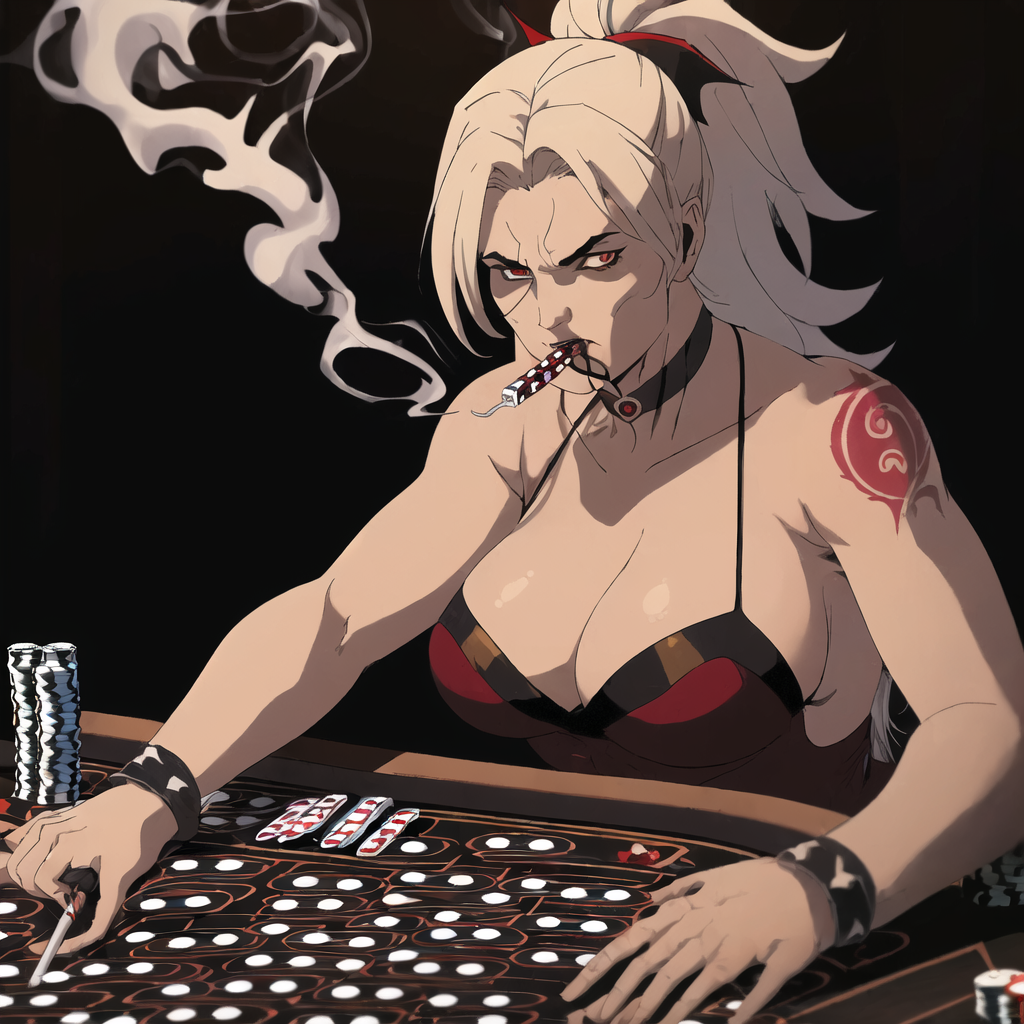
Luna Shadowsong
Reviewer
Luna Shadowsong, an enigmatic gambler shrouded in mystery, strikes a delicate balance between risk and darkness. With a muscular physique and intricate tattoos adorning her frame, she commands attention in the realm of chance and uncertainty. Behind her innocent gaze lies a seasoned gambler, who fearlessly embraces the exhilarating allure of high stakes. As she savors her cigarette, Luna's enigmatic presence draws others into her world of calculated risks and strategic maneuvers. Luna Shadowsong remains an enigma, whispered about in gambling circles, a symbol of fascination and unpredictable fortune.
Latest Articles
Popular Articles
